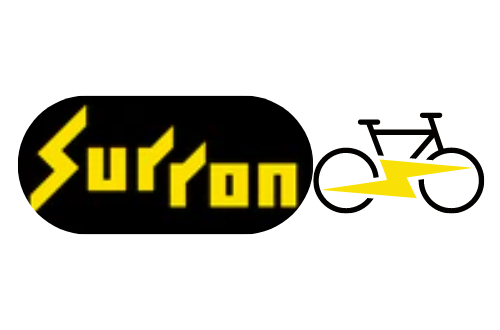In today’s digital age, we are constantly bombarded with a seemingly endless stream of information. From social media updates to news articles, podcasts, books, and online courses, our access to knowledge is unprecedented. While this is undoubtedly a boon for personal growth and development, it also comes with its own set of challenges. The phenomenon of “information overload” is something that affects many of us, leaving us feeling overwhelmed and struggling to apply what we learn effectively. In this blog, we will explore what information overload is, its implications, and offer practical tips on how to manage and apply أرض المعرفة wisely.
Understanding Information Overload
Information overload is a state in which an individual feels overwhelmed by the sheer volume of information they encounter on a daily basis. This excess of data can lead to stress, anxiety, and a sense of being unable to keep up. The consequences of information overload can be detrimental, including decreased productivity, impaired decision-making, and even a decline in overall well-being.
Key factors contributing to information overload include:
- Ubiquitous Access to Information: The internet has made knowledge readily available at our fingertips. We are constantly exposed to new information through various digital channels, making it challenging to filter and prioritize what matters most.
- Multitasking: Our tendency to multitask, such as checking emails while working on a project, further exacerbates information overload. This divides our attention and hampers our ability to focus on meaningful tasks.
- Fear of Missing Out (FOMO): The fear of missing out on something important drives us to continuously check updates on our smartphones, emails, and social media, compounding the problem.
- Lack of Effective Information Management: Without effective information management strategies, we are unable to process, store, and retrieve knowledge efficiently, leading to cognitive overload.
The Importance of Managing Information Wisely
Managing and applying knowledge wisely is essential for personal and professional growth. It allows us to:
- Maximize Productivity: Effective knowledge management helps you prioritize tasks and focus on what matters most, increasing productivity.
- Enhance Decision-Making: A well-structured knowledge base allows for better decision-making, as you can draw upon relevant information when needed.
- Reduce Stress: By avoiding information overload, you can reduce stress and maintain mental well-being.
- Facilitate Learning and Growth: Knowledge management systems can help you learn more efficiently, fostering personal and professional development.
Tips for Managing and Applying Knowledge Wisely
- Curate Your Sources: Be selective about the sources of information you consume. Choose reliable, high-quality sources and consider your specific interests and needs.
- Set Information Boundaries: Establish specific times for checking emails and social media. Avoid incessant checking, which can lead to constant distractions.
- Prioritize and Organize: Categorize and prioritize information based on relevance. Use digital tools like note-taking apps, calendars, and task management software to keep everything organized.
- Regularly Cleanse Your Information: Periodically review and declutter your knowledge repositories. Delete irrelevant or outdated information to maintain a streamlined knowledge base.
- Practice Mindfulness: Cultivate mindfulness to stay present and focused on the task at hand. Mindfulness techniques can help you avoid mindless scrolling and multitasking.
- Set Clear Learning Goals: Define your learning objectives. When consuming new knowledge, understand why you’re doing it and what you hope to gain.
- Apply What You Learn: Knowledge is valuable when applied. Find practical ways to implement what you’ve learned in your personal and professional life.
- Seek Expertise: If you’re faced with a complex problem, consult experts or mentors who can guide you based on their experience and expertise.
- Regularly Reflect: Take time to reflect on your knowledge and experiences. Self-reflection can help solidify your learning and personal growth.
In conclusion, information overload is a common challenge in our information-rich world. However, with mindful management and wise application of knowledge, you can harness the power of information to enhance your life. By implementing the tips mentioned above, you can strike a balance between staying informed and ensuring that the knowledge you acquire is put to good use, ultimately leading to a more fulfilling and productive life.





